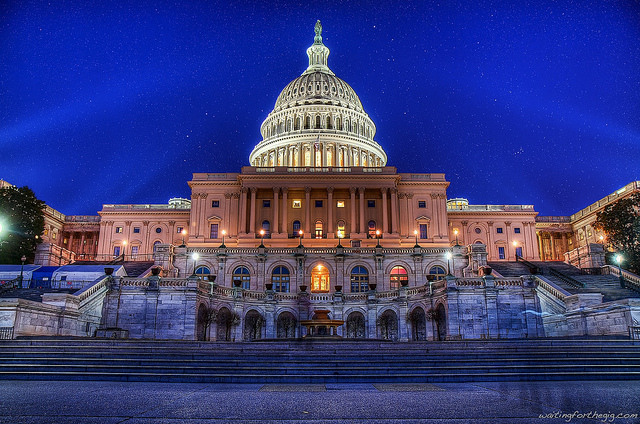A Voters Guide – 10 Facts about campaign finance
7. The Election of Senators
One way to limit corporate-government collusion is to end the election of Senators. Prior to 1913 Senators were appointed by state legislatures. They were sent as an Ambassador of the state to represents its interest in the federal government. Numerous benefits of this system existed. Senators could be recalled at any time by their legislatures and no elections were held, which meant no campaigns were needed. The state legislatures were still accountable to the people, each representative having a very small number of constituents compared to federal representatives, and appointing competent senators was an expected duty which could cost them reelection if they weren’t careful.
When the direct election of senators became law through the ratification of the Seventeenth Amendment to the Constitution, it opened a can of worms. Senators now had to win elections, which means they had to campaign. Because senators have more power than representatives, they attract more money. Because their offices are state-wide and not just a single district like representatives, it also becomes harder to defeat them once elected. PACs and individuals from other states even get involved in senate races because they have so much importance.
The best way to limit corruption in the Senate, end the celebrity-like followings that stem from commercials and political pandering, and assure the Senate is filled with competent people and not simply wealthy or popular individuals, is to repeal the Seventeenth Amendment and end the direct election of US Senators.







